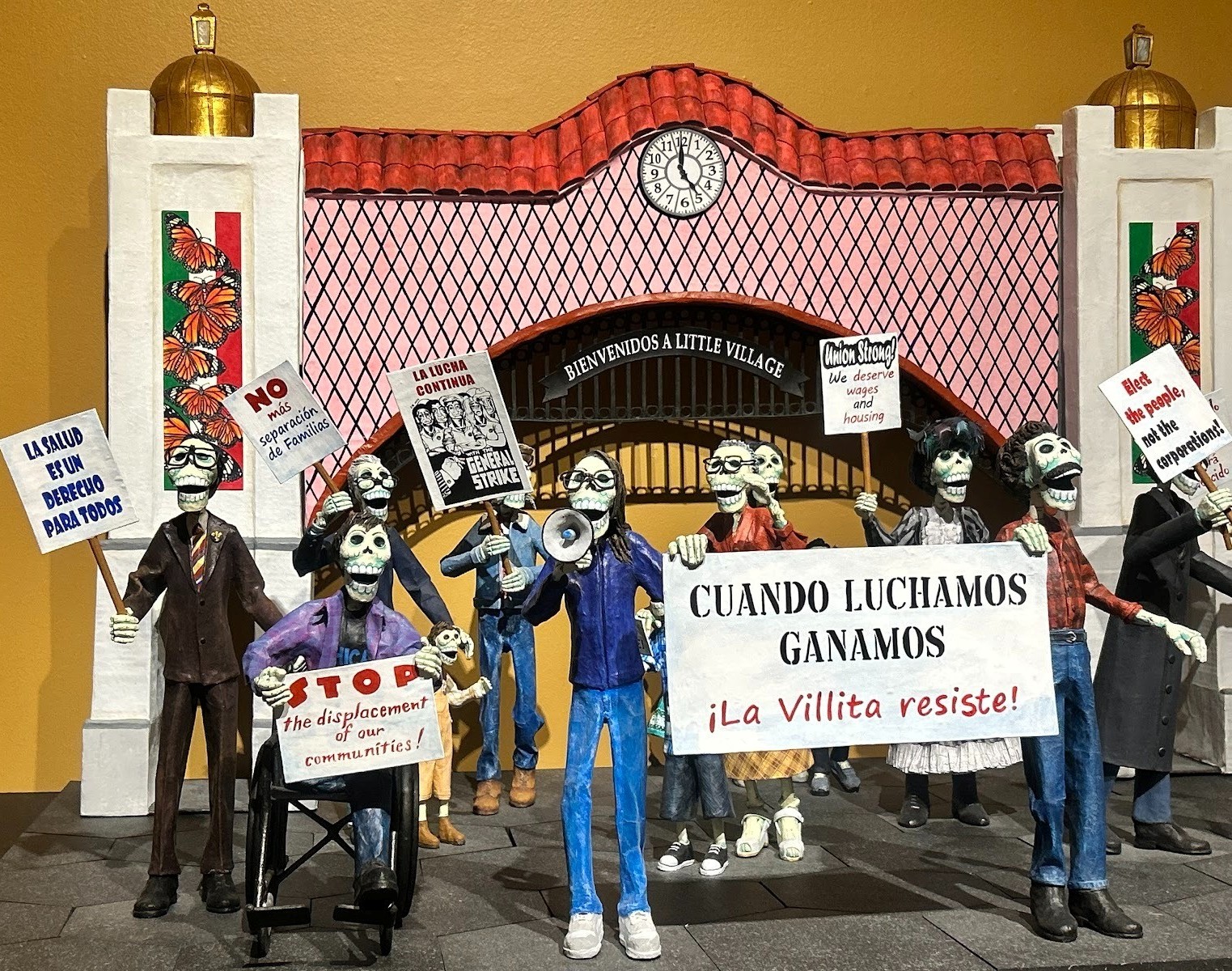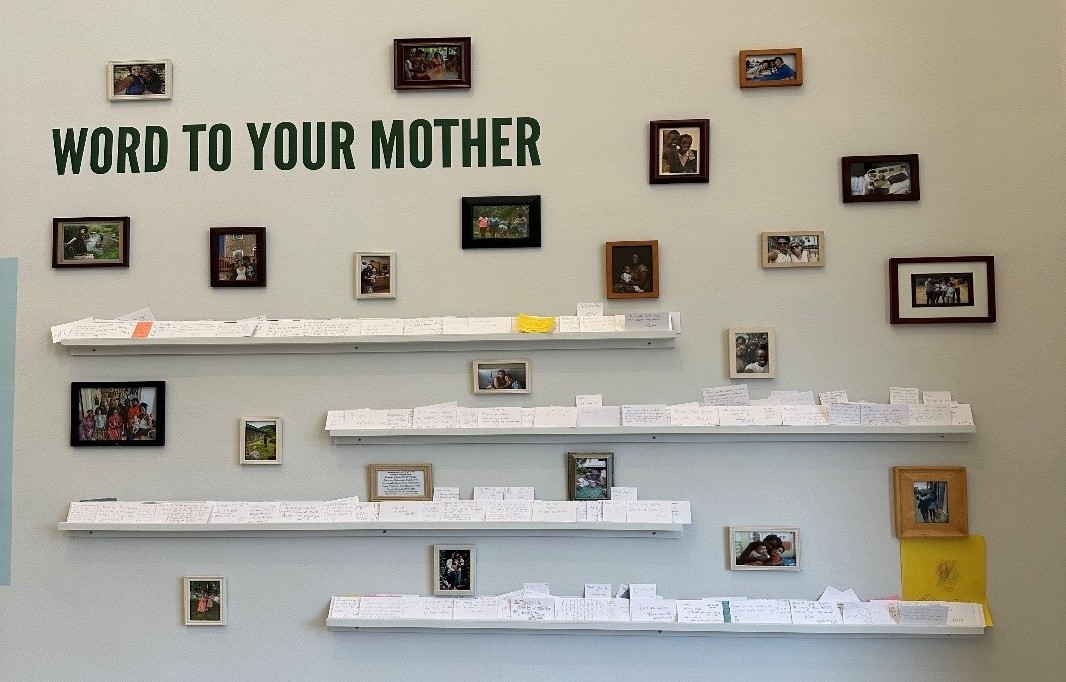“It looked like there was a burden lifted, like we won,” said Dollie Brewer, women’s empowerment project coordinator for the Chicago Coalition for the Homeless, which spearheaded development of the new statewide Rental Housing Support Program. “We had to fight two years to get this passed. We jumped through quite a few hoops.
“But we are giving (the homeless) a voice to speak for themselves, and it’s nothing they’ve ever had before,” she said. “So, they’re really excited.”
The new money, which will be collected from a $10 fee charged to record real estate transactions, will allow the city’s low-income trust fund to help 2,000 more homeless and low-income families. The trust fund, which receives $7 million annually from the city, generally has been able to house only 2,000 people each year during its 17-year existence.
Now, with the additional $10 million from the statewide program, the trust fund will be able to double the number of people it helps, said Molly Sullivan, communications director of the city’s housing department.
With the additional $10 million grant, Brewer has been able to find affordable housing for three homeless mothers, one of whom has 11 children, in the Calumet and Roseland neighborhoods.
In addition, one-half of the new 2,000 vacancies will be set aside for the homeless.
“This is a great thing,” Sullivan said. “This (will) help Chicago help those who need help paying their rent. Otherwise, in many cases people would be homeless.”
Income eligibility will remain the same. For instance, a family of four making at least $22,000, the area’s median income, will qualify for affordable housing and pay no more than 30 percent of its income for rent. The city’s low-income trust fund will use funds allocated from the statewide program to pay the difference.
DeShana Forney, executive director of the Illinois Housing Development Authority, said the program will help the homeless and those on the brink of homelessness.
“The Rental Housing Support Program will mean the difference between losing or keeping a home for many hard-working families in Illinois,” Forney said in a statement. “This initiative will help many low-income families, seniors and people with disabilities escape homelessness.”
Screened before participating in the program, landlords will submit rental applications on behalf of the homeless and low-income families. In return, the city assures landlords that their apartments will always be occupied and they won’t lose money, housing officials said.
Advocates hope for even more funding.
“This is a start,” said Anne Bowhay, media coordinator for the Chicago Coalition for the Homeless. “But there’s still more needed.”
Categories:
At Home Money Matters Public Statewide
Tags:
chicago coalition for the homless illinois housing development authority roseland






Be First to Comment